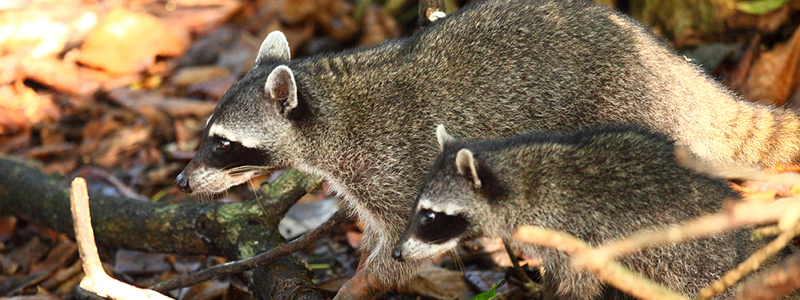BY: SAMANTHA BARTLETT, DVM
Colorado voters approved the creation of a new veterinary professional associate (VPA) position in November 2024. The creation of this role is to help with the future shortage of veterinarians as predicted by the US Bureau of Labor Statistics. A VPA would have more responsibilities and education than a veterinary technician but not a veterinarian. Many veterinary organizations including the Colorado Veterinary Medical Association (CVMA) spoke out against the position citing serious concerns about the education program required to support such a position.
Shari Lanning, director of the veterinary clinical care graduate program at Colorado State University, designed the curriculum for the new position. The first entry class is anticipated to be fall 2025. The curriculum is a total of 65 credits. A total of five semesters includes the first three online, a fourth intensive hands-on laboratory semester and a fifth semester for clinical internship. Overall, there would be about 416 hours of hands-on labs and 540 hours at a clinic. The curriculum includes a required credentialing exam and currently only focuses on small animal care.
The Department of Regulatory Agencies (DORA) is still determining the exact scope of the new position. Diane Matt, CEO of CVMA encourages veterinarians to post comments online about their thoughts and perspectives for regulations for this position. Lawmakers introduced a bill to put specific restrictions on what can be included in the rules for the new position by DORA. The Veterinary Workforce Requirement Bill outlines that the instances in which a veterinarian can delegate a task to a VPA include if the aspects of the practice are within the training, experience and competency of the VPA, if the practice is permitted under requirements of state and federal law and board rules; if the supervising licensed veterinarian and VPA are located at the same veterinary premises while practicing veterinary medicine; and if the licensed veterinarian or the VPA ahs obtained informed consent from the client.
The AVMA released a statement in response to the curriculum being finalized and continues to express concern around the creation of this position, stating the following:
“The AVMA continues to express its considerable concern around the creation of a veterinary midlevel practitioner, termed a “veterinary professional associate (VPA),” in Colorado. As authorized by Proposition 129, passed last November, these individuals would be able to practice veterinary medicine, including diagnosing, prognosing, and performing surgery, after having completed only a fraction of the education and training that a veterinarian graduating from Colorado State University’s College of Veterinary Medicine currently receives.
The master’s program that has been proposed at CSU to create this VPA is to be delivered mostly online, with three semesters of compressed lecture-only education (no hands-on learning), one in-person semester of basic clinical skills training, and a one semester internship/practicum. Such a minimal amount of hands-on clinical skills training for a graduate who will be thrust into a medical decision-making role and entrusted to perform invasive surgeries on animals, puts the health and safety of their patients at considerable risk. Furthermore, the VPA creates unacceptable liability for supervising veterinarians who will ultimately be responsible for everything that the VPA does (or doesn’t do). Colorado veterinary professionals recognize these risks. When polled, 95% of Colorado veterinarians said they did not support the creation of a VPA, and 93% said they would not employ a veterinary professional associate (VPA).”











